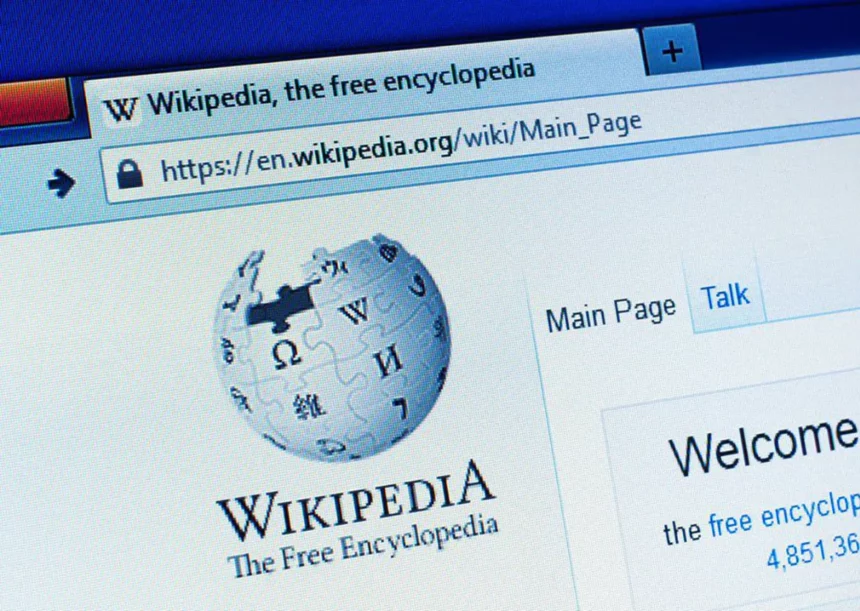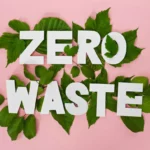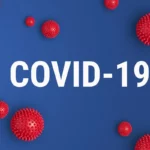Who doesn’t love free information? We all do! Our QNET India blog has frequent updates to keep everyone informed. However, there is another side to this – information found online does not always adhere to accuracy, especially if it’s taken from sources like Wikipedia. Let’s start with the facts – anyone, absolutely anyone, can write articles on Wikipedia. The authors are regular people, not unlike us. This brings home the fact that Wikipedia information is open for edits by anybody and might miss the mark on authenticity.

Wikipedia itself has the disclaimer that it is not to be considered a reliable source of information. If you are in academics and researching on a paper or article, you cannot use Wikipedia as your source because it does not fall under the category of a credible source. This is the reason why “citation of Wikipedia in research papers is considered unacceptable”. For instance, QNET’s Wikipedia page was not written by people from the company, but the general public. This intrinsically means that there might be information there which might be biased, and not totally completely true.
Wikipedia’s rules prevent the company from making any edits to the page. Their neutral point-of-view (NPOV) policy declares that “All encyclopedic content on Wikipedia must be written from a neutral point of view (NPOV) representing fairly, proportionately, and as far as possible without bias, all significant views that have been published by reliable sources.” This adds to the difficulty of editing information by a company representative or anyone who does not have a neutral relationship with the business.
Wikipedia is collaborative in nature and uses publicly reported information for its pages which does not involve the scrutiny of fact-checks and fake news filtration and may include prejudiced reporting or even propaganda material – and therein lies the problem. It is upon the readers to remember that there are legitimate chances of inaccurate news and even the complete omission of certain news to be found on Wikipedia.
Wikipedia’s credibility is heavily dependent on the honesty of the contributors and that is risky to say the least; in certain cases, the contributors may be predisposed to certain opinions which reflect in their entries. For instance, a large number of edits made to the QNET page on Wikipedia are carried out by contributors who have a history of writing pieces against the direct selling business/network marketing/multilevel marketing.
Additionally, many of the allegations raised against the company are products of unverified claims or ongoing legal cases where the latest progress has not been updated to show the real unfurling of events. One glaring example is of the news reports of QNET’s India franchisee being investigated. The true order of things as they stand is that various courts in India have either ruled in favour of QNET, dismissed the need for further investigation or ordered authorities to discontinue coercive actions against QNET distributors. For more information, please check the links below –
- SC issues contempt notice to Cyberabad police for coercive action against QNet representatives
- SC Order gives new life to direct selling segment
Wikipedia has overlooked to include these developments and continue to falsely present QNET as a company which has been convicted of a crime. Lack of proper fact-checking methodologies on Wikipedia has led to misinformation being presented as facts. The New York Times did a piece on a prominent case of blatant falsified information on Wikipedia about American writer and journalist John Seigenthaler. An unregistered user had edited his page information to write that he was complicit in the assassination of US President John F Kennedy. This incident raised question on the legitimacy of Wikipedia information and the glaring lack of legal accountability of traditional newspapers and other published materials.
Wikimedia Foundation, the organisation behind Wikipedia, has divulged that they are facing escalated cases of editors being paid to edit and vandalize information on pages, typically employed by parties with the wrong intention. For more information, please read this article. Anytime in the future you think you have unearthed ‘real’ information, just pause and double-check the source to make sure it’s credible and not fake.
For all of your questions regarding QNET, please ensure the answers are provided by an official QNET source. Our goal is to maintain utmost transparency and we welcome any questions you may have regarding QNET – get in touch with our social media channels and we will be happy to address them.








